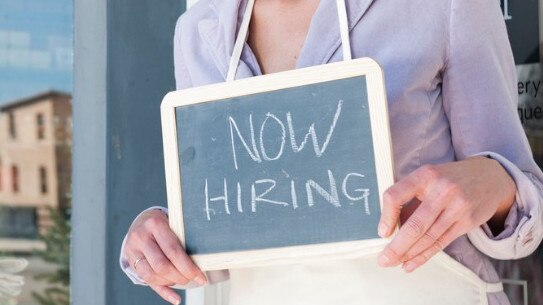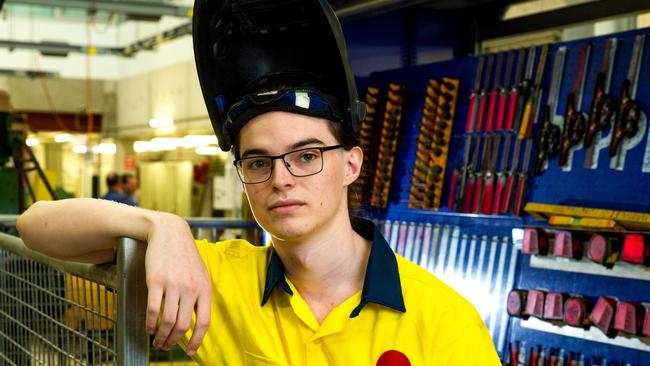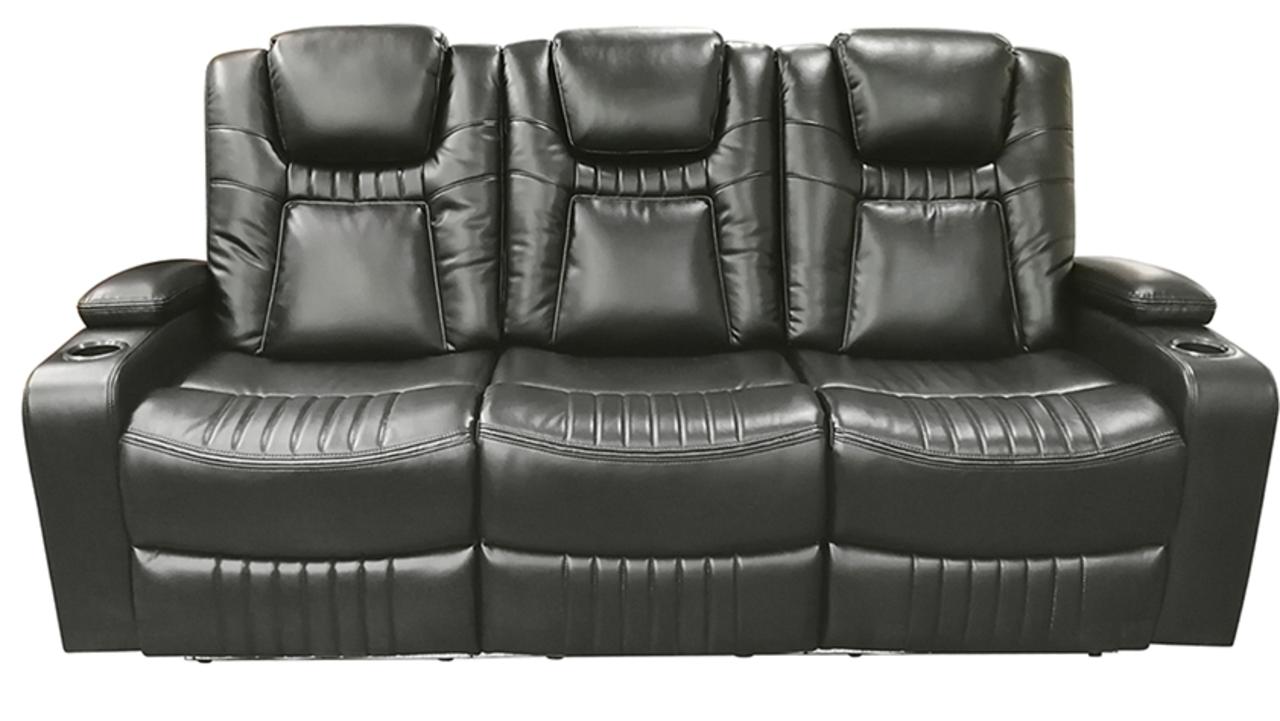5000 apprenticeships sit vacant due to ‘job snobs’
There are as many as 5000 apprenticeships sitting vacant across Australia with employers struggling to fill them. Here’s the jobs each state is struggling to fill.

As many as 5000 apprenticeships are sitting vacant across Australia, as the nation suffers from ‘job snobbery’.
Employers struggle to attract enough applicants, and many young people simply do not turn up to job interviews.
National Apprentice Employment Network (NAEN) national executive officer Dianne Dayhew said employers were desperate for apprentices, particularly at the beginning of the year.
“There are at least 1500 vacancies in NSW that need to be filled at any time and it would be a similar number in Victoria and at least a third of that number in some other states,” she said.
“There would be about 5000 vacancies across the country … all for first-year apprentices.”
Ms Dayhew said it was not a case of employers being overly picky, either.
“They just don’t have enough candidates applying,” she said.

“Skill shortages develop and we have to start importing skilled labour from overseas because our own workforce won’t take on a skilled career path.”
Skilling Australia Foundation chief executive Nicholas Wyman said Australia suffered from “job snobbery”.
“There is the attitude that if you don’t have a university education, you won’t have a successful life,” he said.
“Many jobseekers believe (trades) are the jobs that no-one else wanted to do and are poorly paid.
“It’s simply not true.”
SEEK data for the year to June revealed electricians ($78,391), airconditioning and refrigeration mechanics ($77,380) and fitters, turners and machinists ($74,547) had the highest average advertised salaries in the trades and services sector.
They averaged more than paralegals and law clerks ($67,225), journalists ($69,133), graphic designers ($66,337) and early childhood teachers ($63,557).
Michael Wentworth, chief executive of group training organisation Apprenticeships Are Us, said he was sick of the term “youth unemployment crisis”.
“Such rubbish — it’s a ‘youth participation in employment crisis’,” he said.
“We get a lot of young people who are booked for an interview but don’t show up, or commit to work experience then don’t show up to the trial.
“The biggest problem (school leavers) have now is which opportunity to take and that’s a champagne problem — that’s a good problem to have.”
South Australia had a shortage of motor mechanics, panelbeaters, vehicle painters, bricklayers, painters, fibrous plasterers, cabinet-makers, metal fabricators, welders, fitters and metal machinists, the Department of Jobs and Small Business reported.
Queensland had a shortage of diesel motor mechanics, panelbeaters, bricklayers, cabinet-makers, painters, sheet metal trades workers, and metal fitters and machinists, the Department of Jobs and Small Business reported.
New South Wales had a shortage of motor mechanics, motorcycle mechanics, panelbeaters, vehicle painters, carpenters and joiners, painters, fibrous plasterers, plumbers, cabinet-makers, metal fabricators, welders, fitters and metal machinists, the Department of Jobs and Small Business reported.
Victoria had a shortage of motor mechanics, motorcycle mechanics, panelbeaters, vehicle painters, carpenters and joiners, painters, fibrous plasterers, plumbers, cabinet-makers, sheet metal trades workers, metal fabricators, welders and metal machinists, the Department of Jobs and Small Business reported.
Tasmania had a shortage of panelbeaters, vehicle painters, bricklayers and plumbers, the Department of Jobs and Small Business reported.
The Northern Territory had a shortage of vehicle painters, sheet metal trades workers, bricklayers, and carpenters and joiners, the Department of Jobs and Small Business reported
.

Apprentice fitter and turner Jaycob Irvine started a science degree but changed to a trade after four months of study as he wanted more hands-on work.
After completing a Certificate II in Engineering Pathways through TAFE Queensland to try a few different trades, he was quickly snapped up by an employer.
“Go out and try something and if you like it, follow up on it,” Mr Irvine said.


